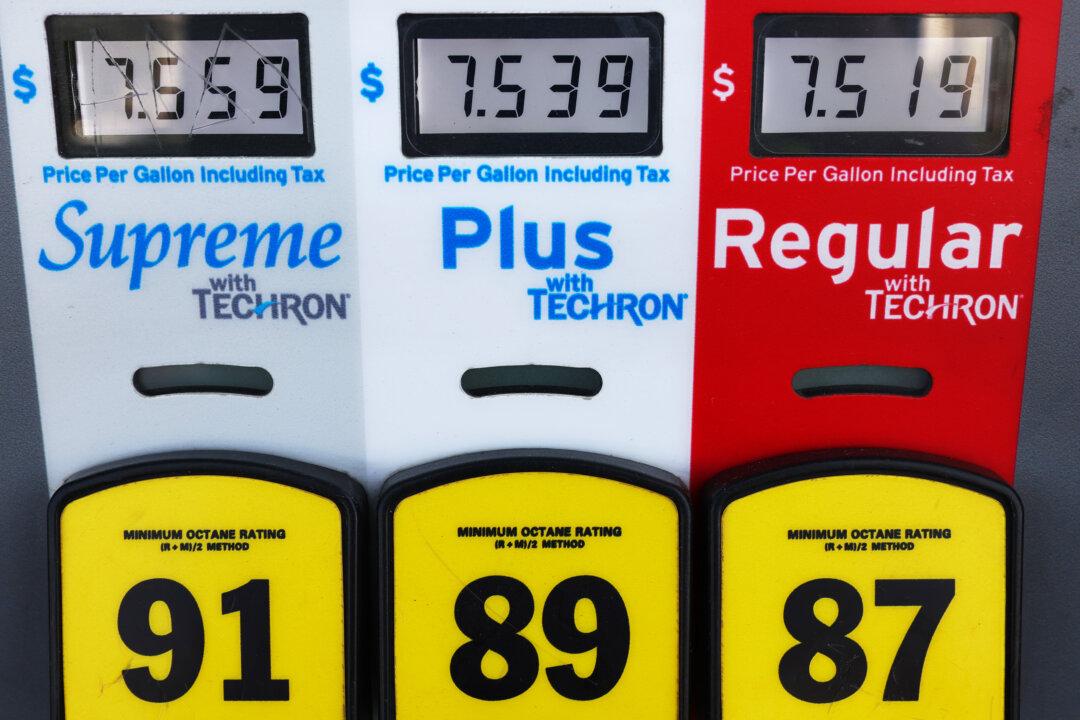While many components affect the price of gasoline, two leading factors contributing to the energy crisis the United States is facing are the many years of Democrat-backed anti-fracking policies and President Joe Biden’s pledge to wean America off fossil fuels, says Jerry Simmons, president and CEO of Domestic Energy Producers Alliance.
“Joe Biden, the candidate, over and over again, he said, ‘We’re going to do away with fossil fuels, we’re going to end oil and gas,’” Simmons told NTD’s “Capitol Report,” discussing the effects of such policies on the cost of fuel at the pump.





